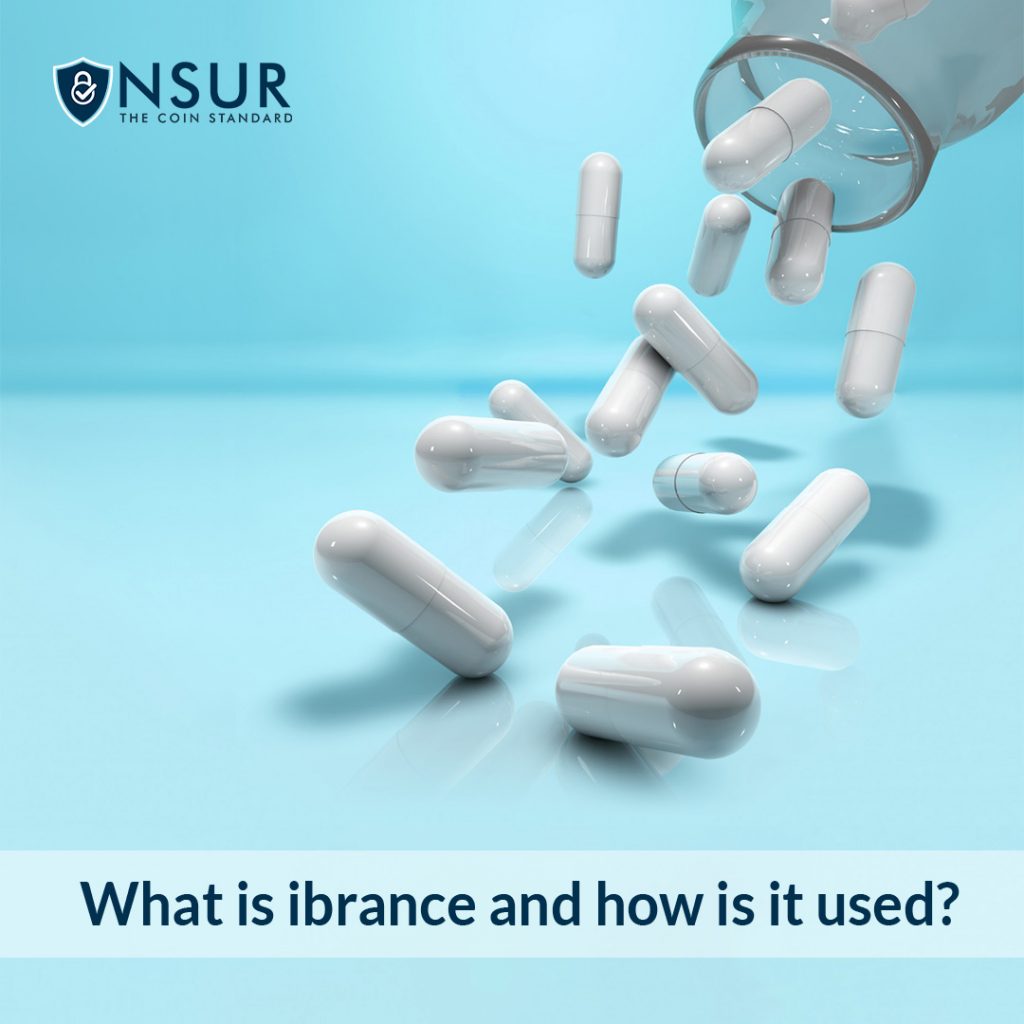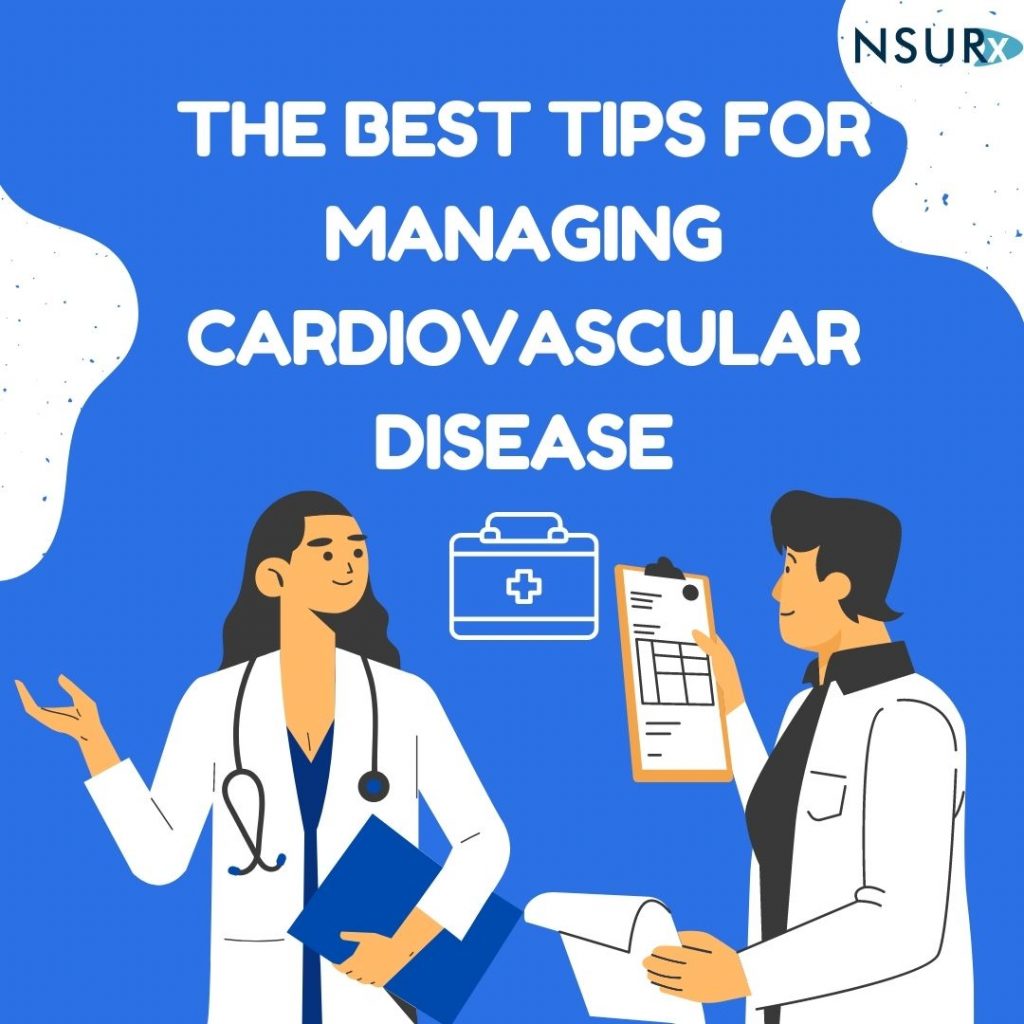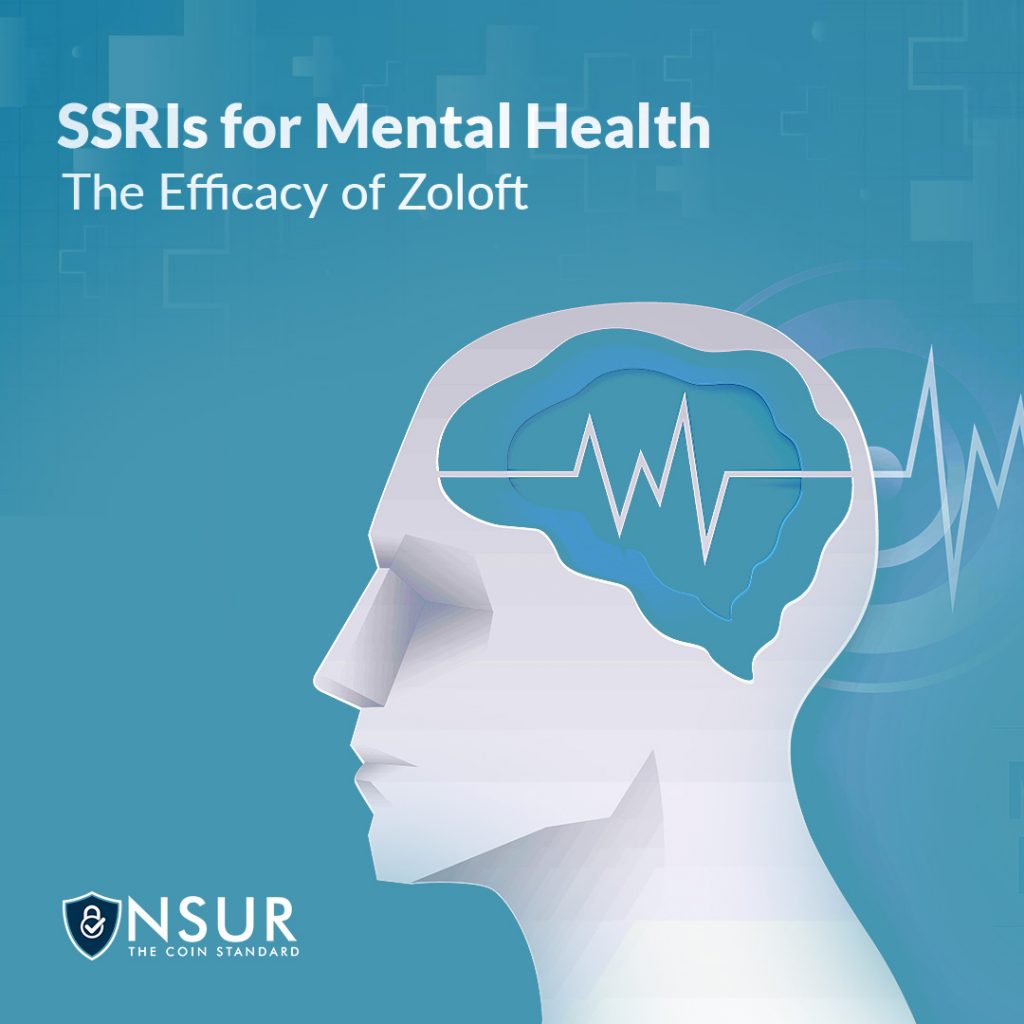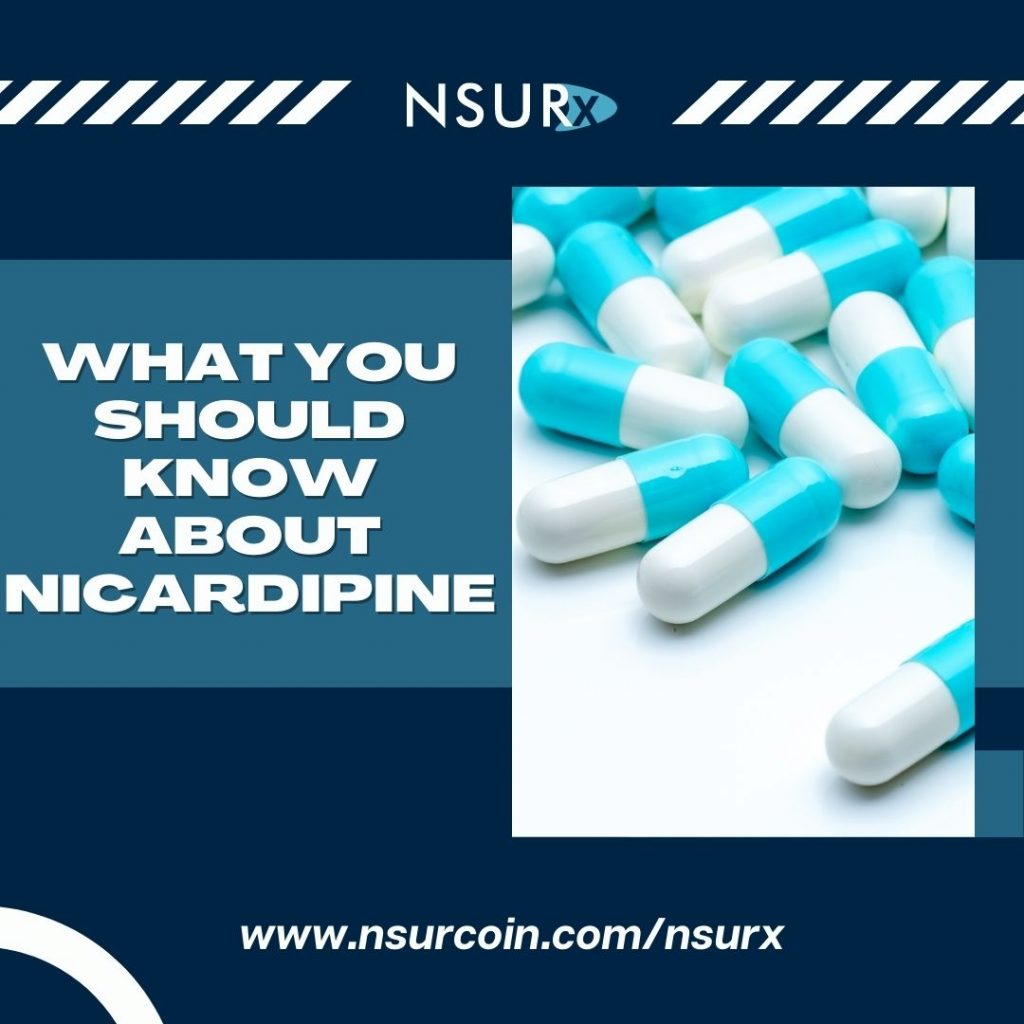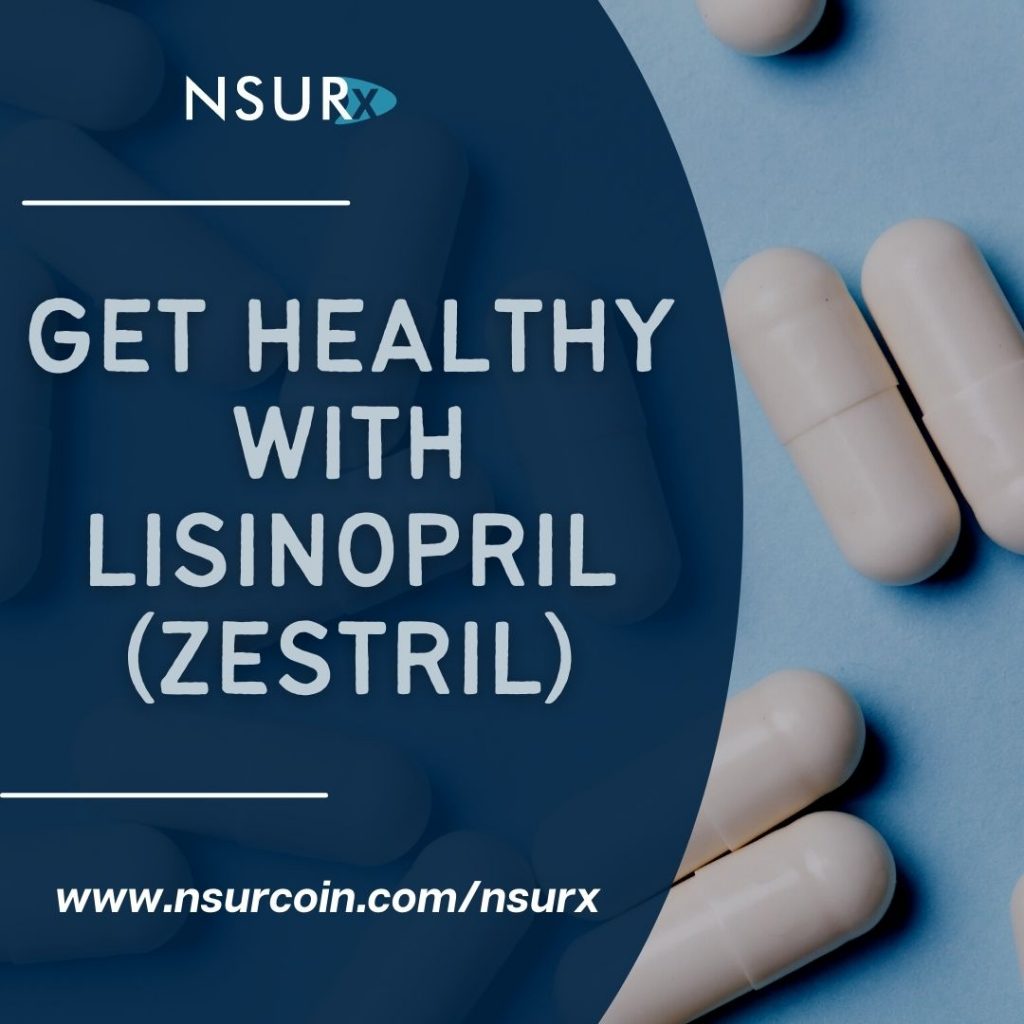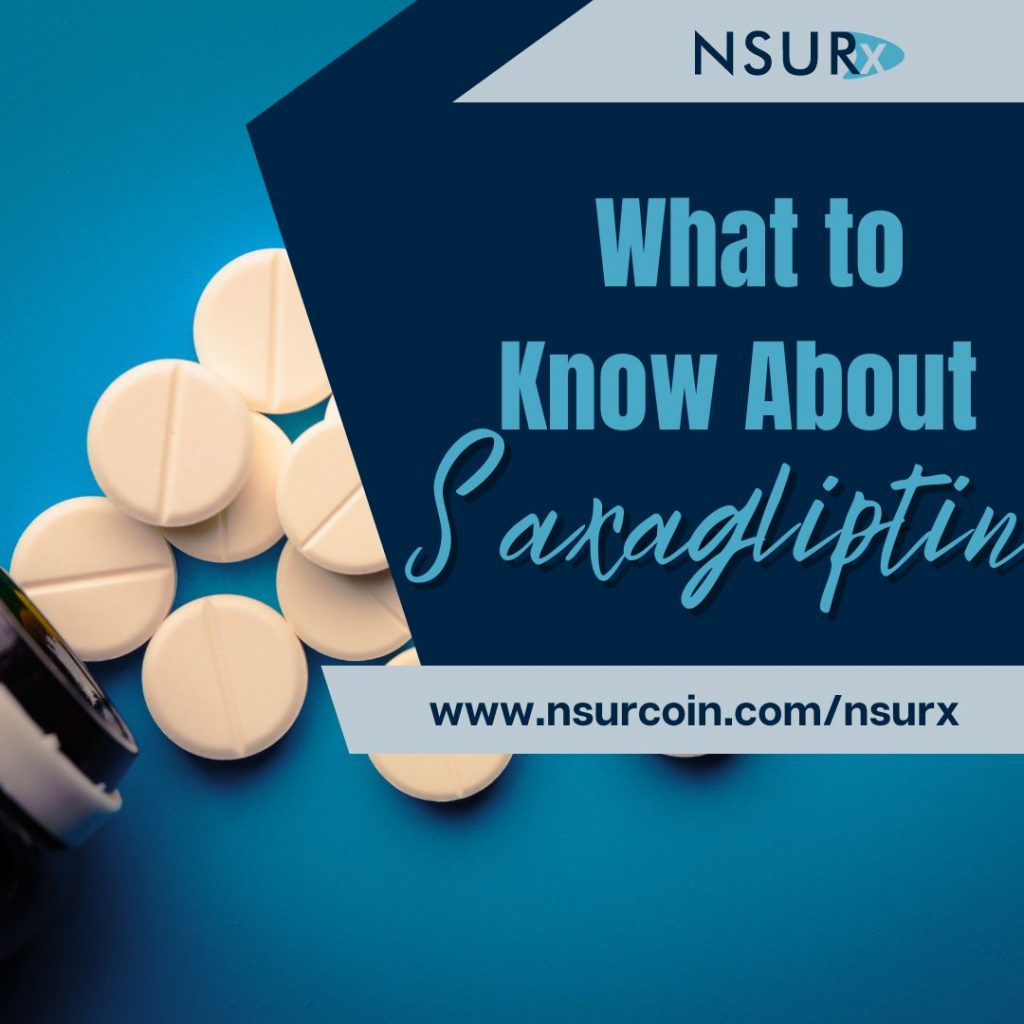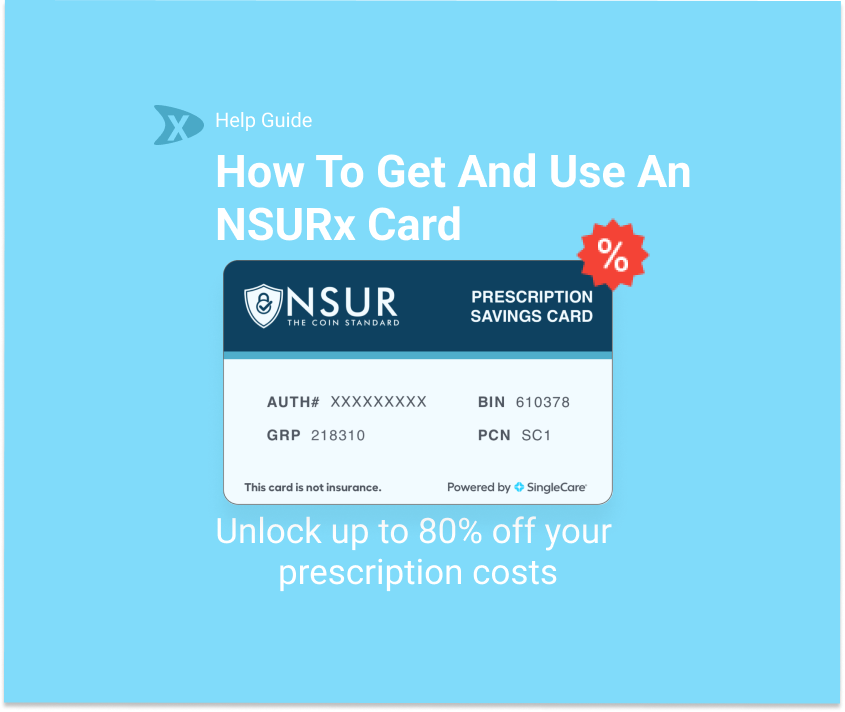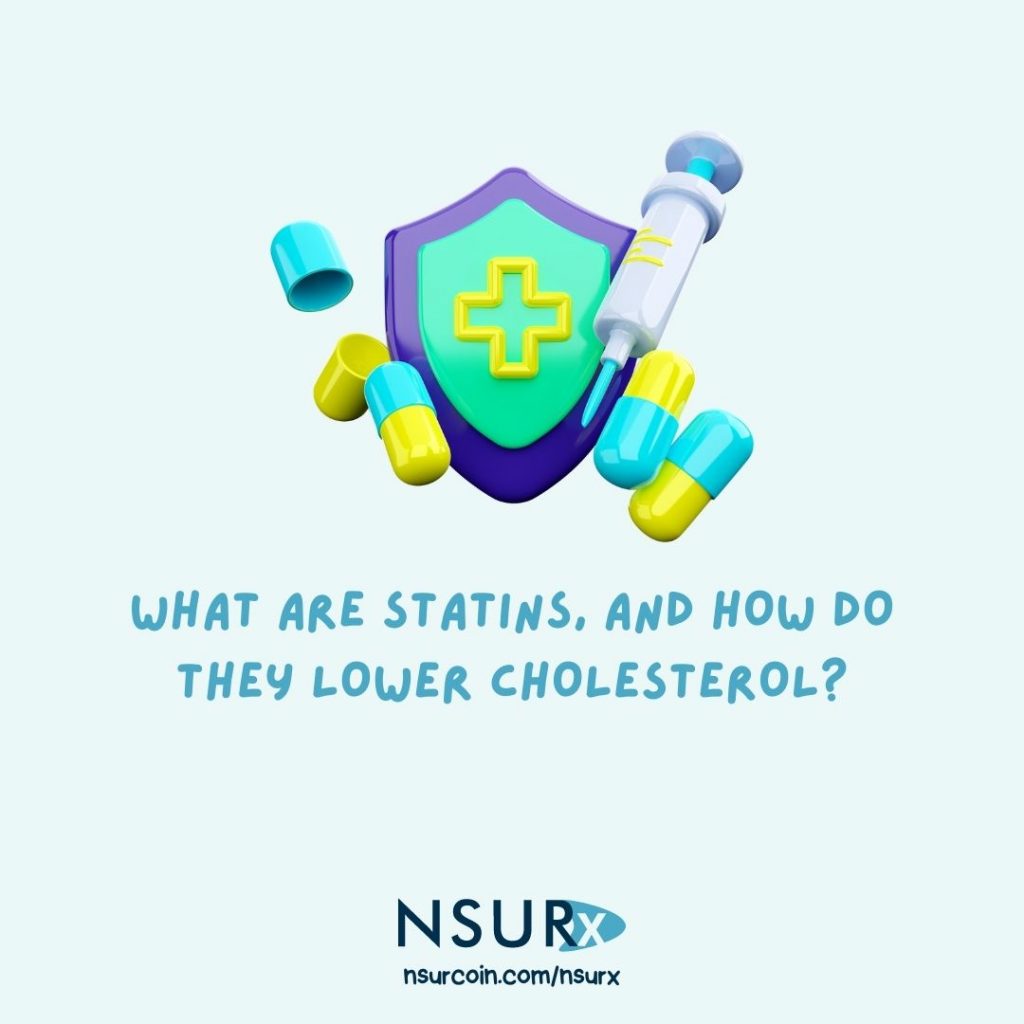
Statins are a type of medication that lowers cholesterol in the bloodstream, reducing the risk of heart disease and stroke.
Statins are prescription drugs that help lower cholesterol. Cholesterol is a waxy fat. It’s in every cell. However, if you have too much in your blood, it can build up on your artery walls. This can result in heart disease and stroke, which are two of the most common causes of death in the United States.
Statins have been shown to significantly reduce the risk of fatal heart attacks and strokes.
Statins and How They Work
Statins work by reducing the rate at which low-density lipoprotein (LDL) cholesterol is produced in the liver. Because your liver isn’t making as much cholesterol, it takes cholesterol from your blood to use in the bile production, lowering your blood cholesterol levels.
Studies have shown the following impact on cholesterol from statins:
- Statins reduce LDL “bad” cholesterol by 50% or more.
Statins increase high-density lipoprotein (HDL) “good” cholesterol by up to 15%.
In the United States, there are a variety of statins available. Here are a few examples:
- Atorvastatin (Lipitor®)
- Fluvastatin (Lescol. ®)
- Lovastatin (Mevacor®)
- Pravastatin (Pravachol®)
- Rosuvastatin (Crestor®)
- Simvastatin (Zocor®)
Statins and Their Possible Side Effects
Statins, like any other medication, can interact with other medicines you’re taking and cause side effects:
- Common side-effects: Muscle and joint pains, rash, headache, and gastrointestinal issues
- Uncommon side-effects: Type 2 diabetes, high blood sugar, memory loss, and mental confusion
- Rare side-effects: Damage to the muscles or the liver
Who Should Use Statins?
There are many types of people who would likely benefit from statins:
- People who have very high LDL (“bad”) cholesterol: Your doctor can perform a simple blood test to determine how much cholesterol is in your blood. You are more likely to develop heart disease if your LDL (“bad”) cholesterol levels are high, especially those with other risk factors. Depending on your overall risk, your doctor may prescribe statins to help lower your cholesterol by a specific amount.
- People at risk of developing heart disease: If you have a high risk of heart disease or blood vessel disease, you will undoubtedly be prescribed a statin to help lower your risk.
- People diagnosed with heart disease: If you already have a blood vessel disease, you will certainly be prescribed a statin. Statins can help you avoid getting sicker. They can also help you avoid having another heart attack or stroke if you’ve already had one.
- People who have a genetic condition: If you have high cholesterol due to a genetic problem like familial hypercholesterolemia, you may be prescribed a statin to help lower your risk.
High cholesterol can still be prevented by maintaining a healthy lifestyle.
Whether you take a statin or not, lifestyle changes are critical for lowering your risk of heart disease.
To reduce your risk, do the following:
- Quit smoking and avoid secondhand smoke.
- Consume a diet rich in vegetables, fruits, fish, and whole grains and a diet low in saturated fat, trans fat, refined carbohydrates, and salt.
- Increase your physical activity and decrease your sitting time.
- Keep a healthy weight.
If your cholesterol levels remain high after making healthy lifestyle changes, statins may be your only option.
You can save money by using NSURx on statins
It’s not cheap to buy statins and other cholesterol meds – they can cost anywhere from $29.95 to $500 USD out of pocket!
If you have an NSURx Prescription Benefit Card, you can save money on statins and cholesterol prescription medications at over 35,000 pharmacies in the United States. You can save up to 80% on your cholesterol medication with your NSURx card.
Shop with NSURx and earn more NSUR Coin in the long run. Redeem the tokens on our online shopping platform to purchase other health and wellness products.
